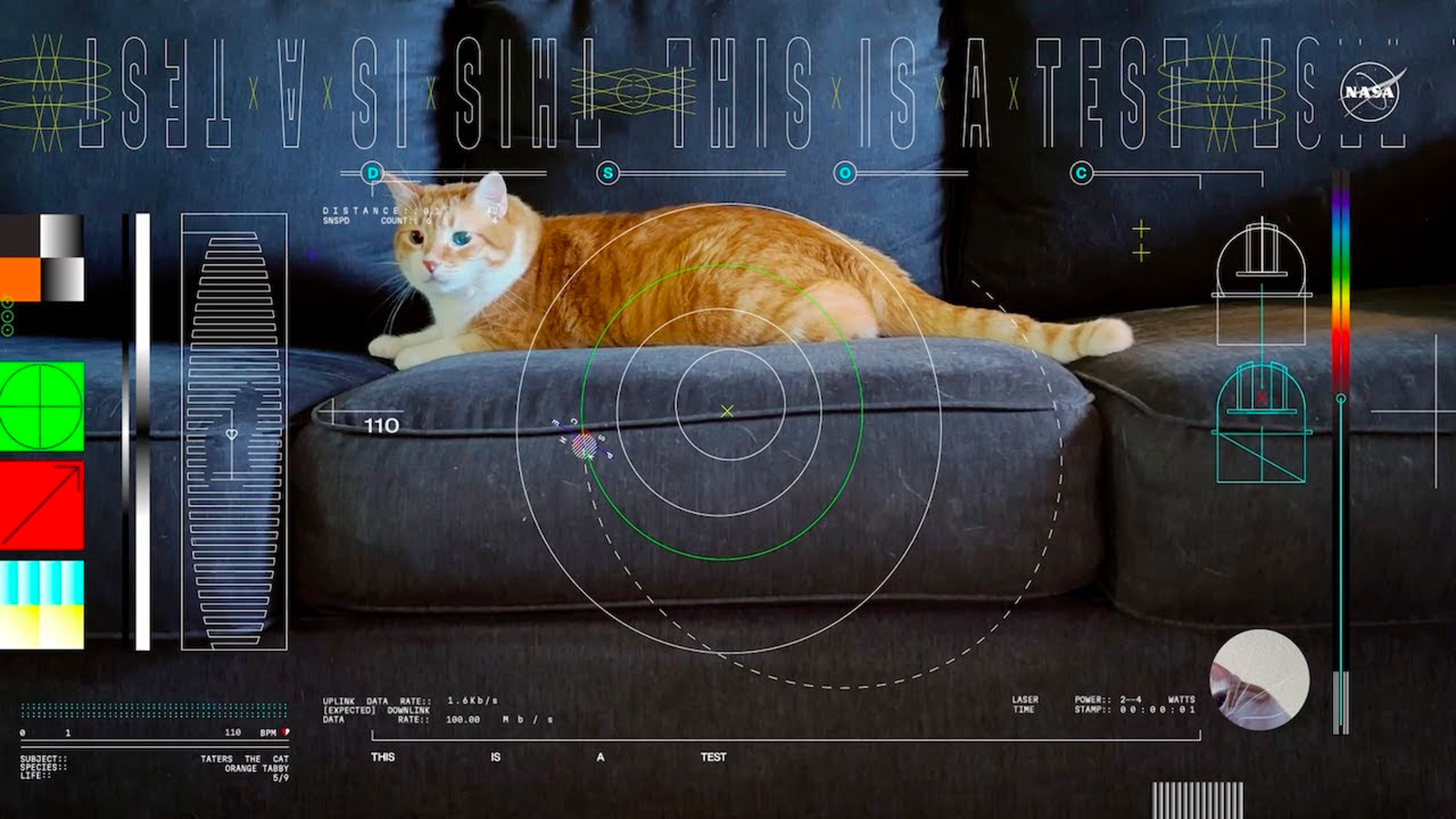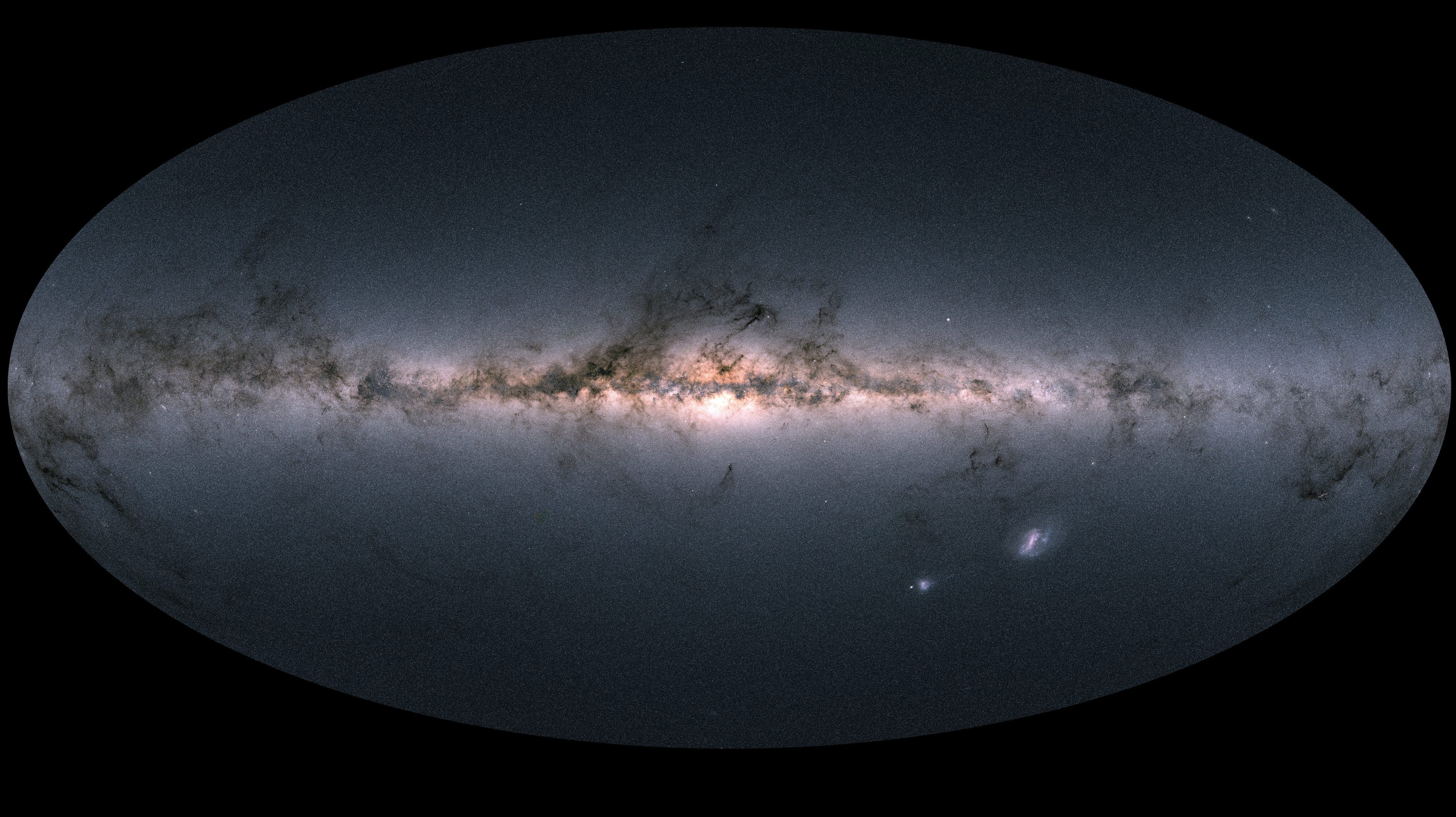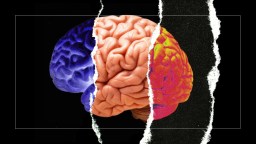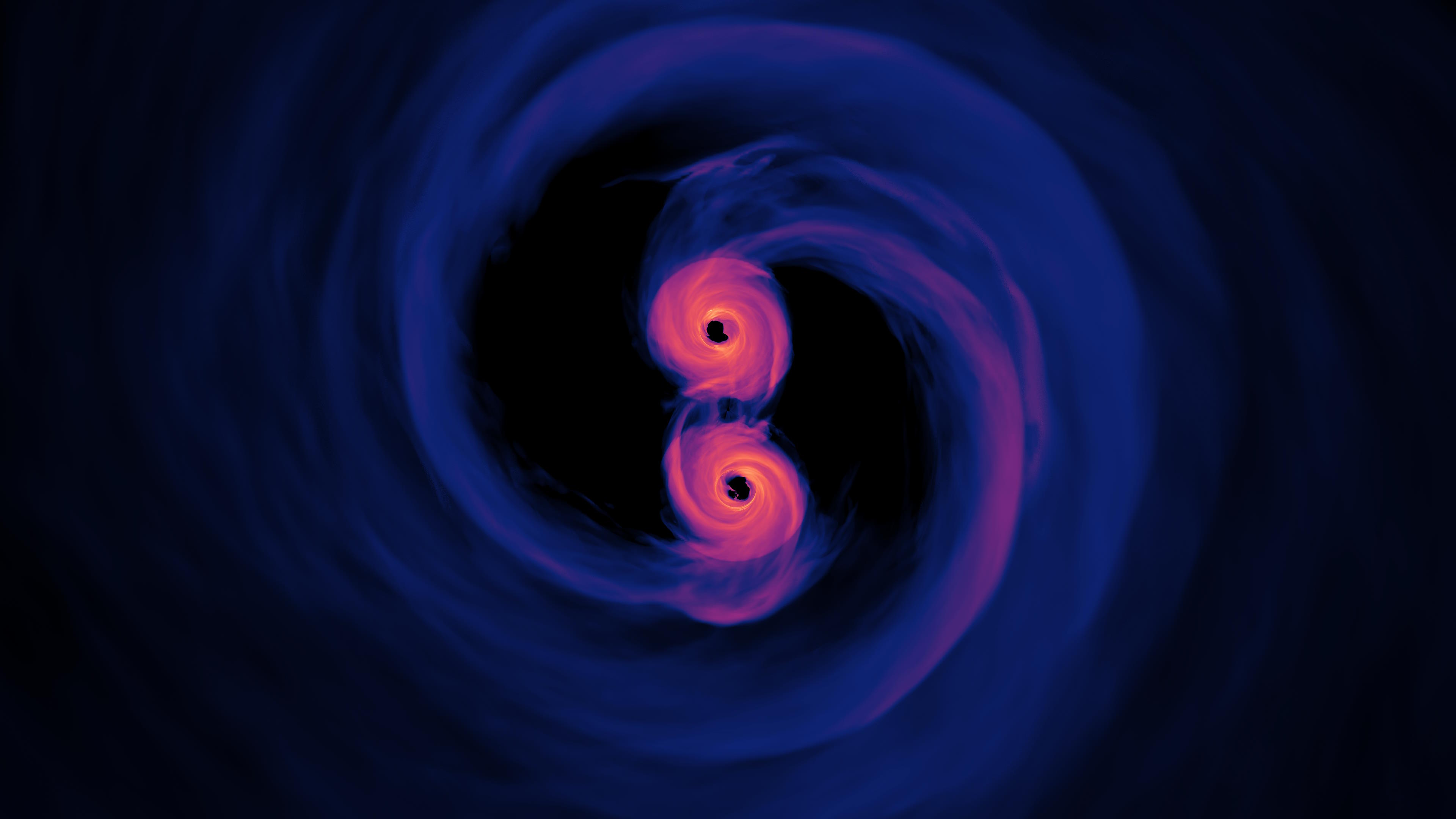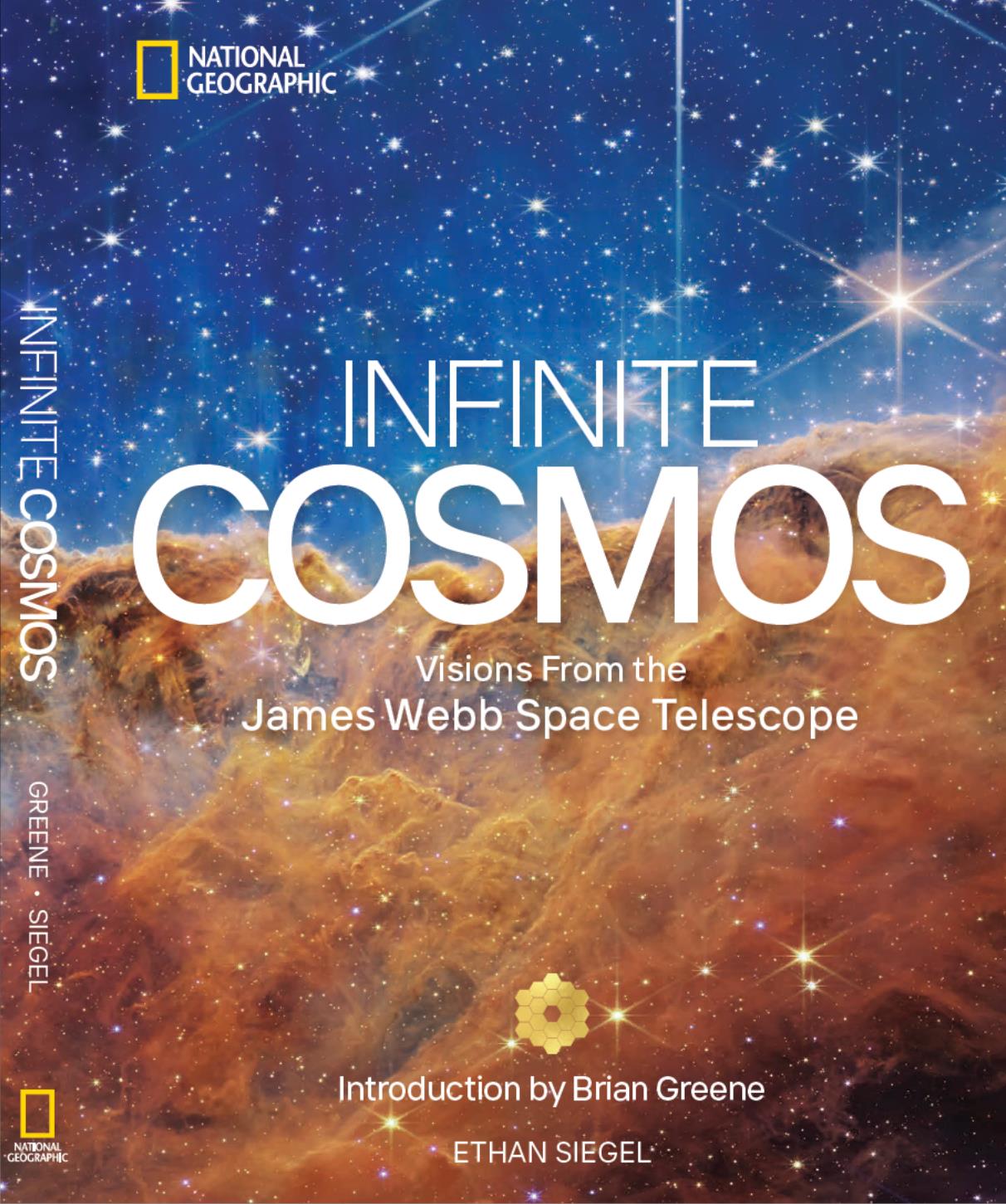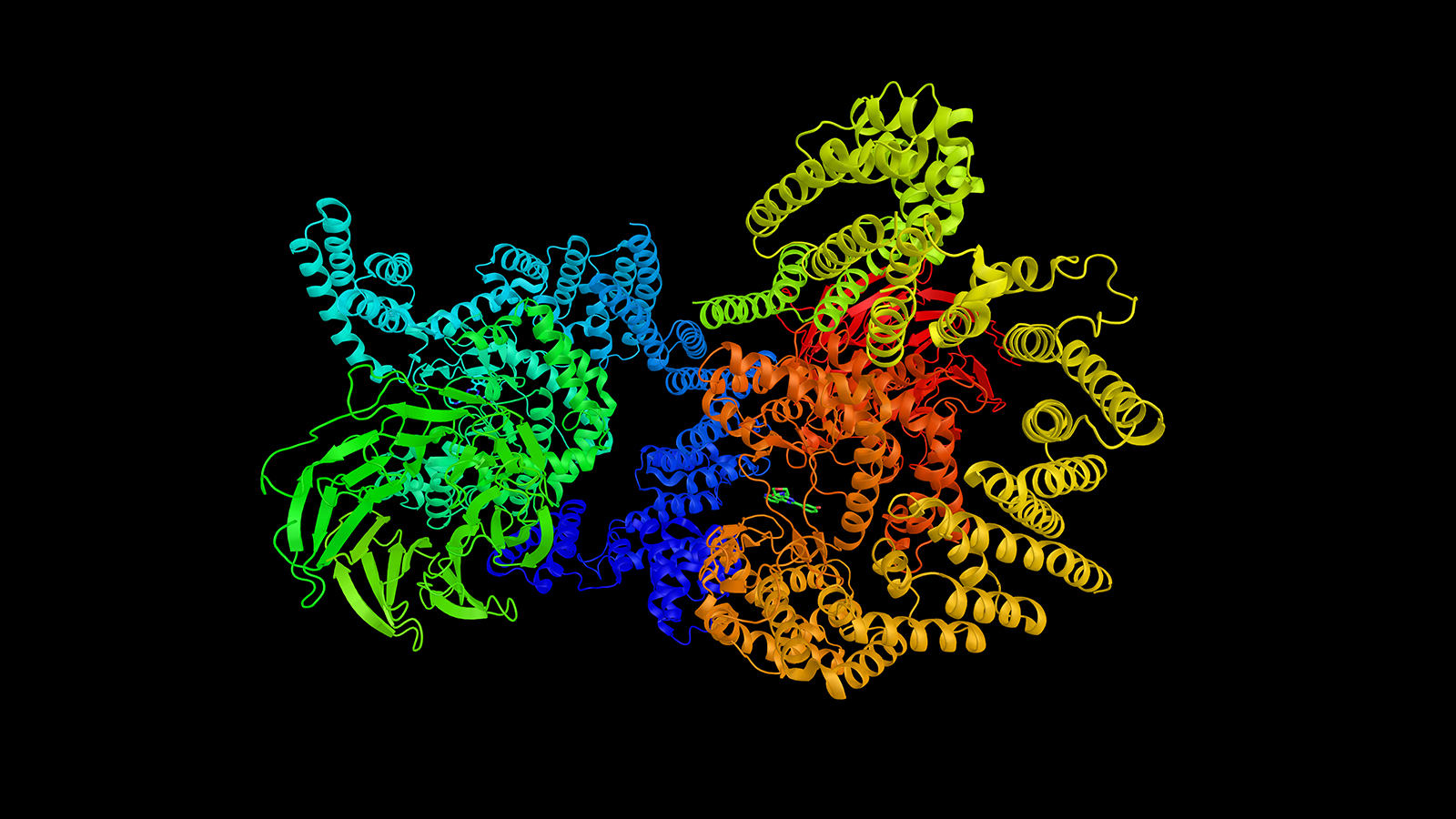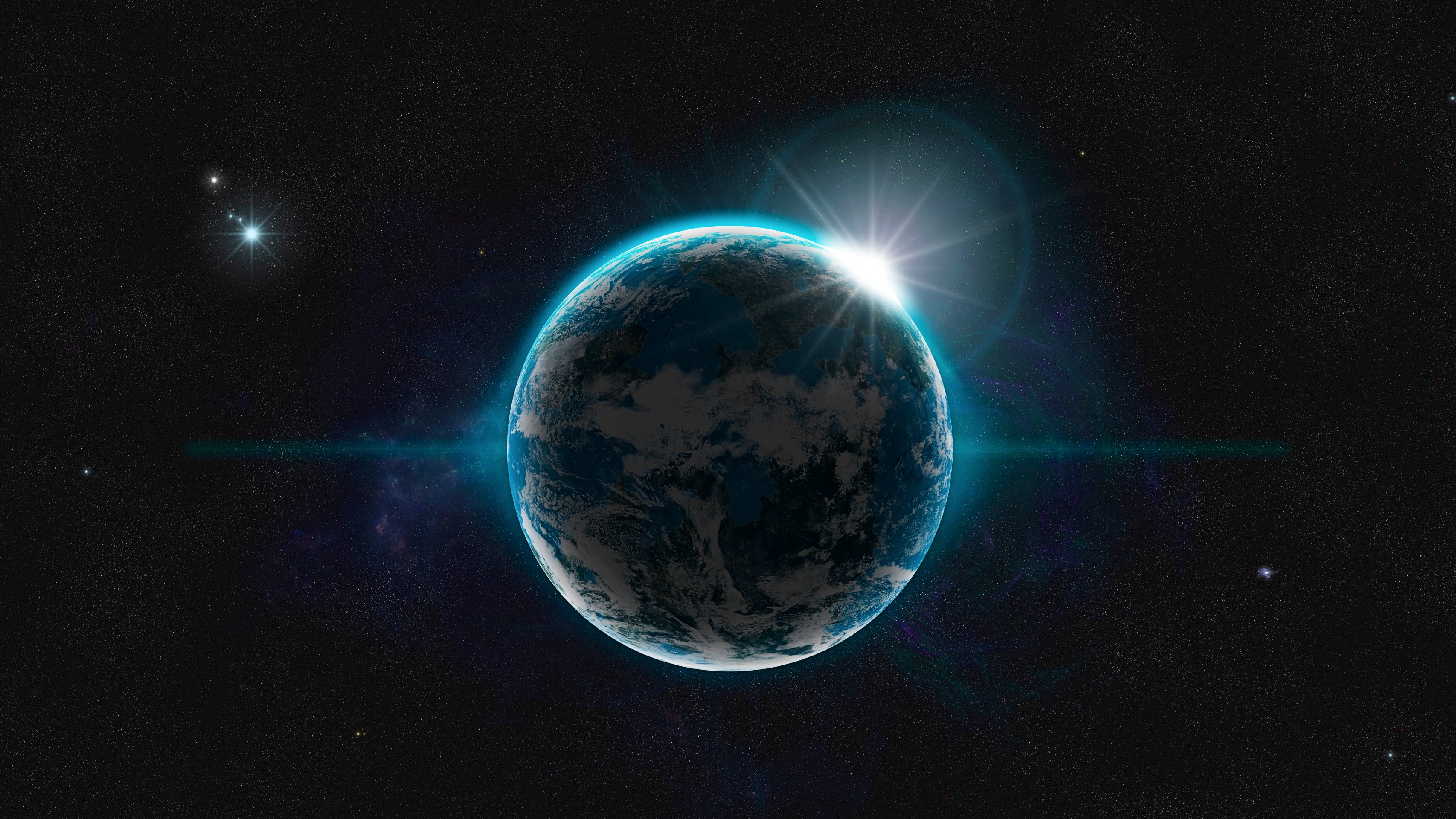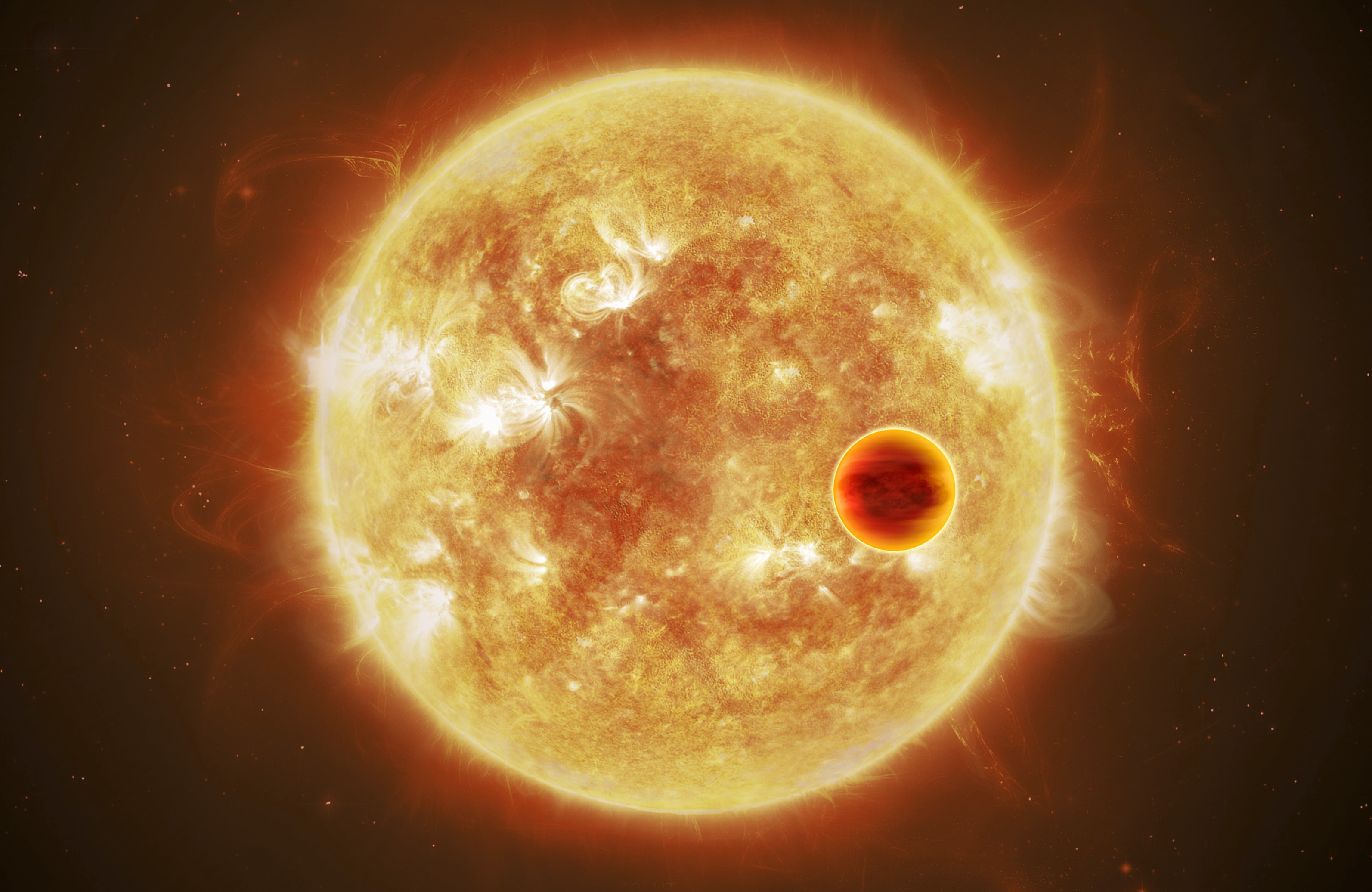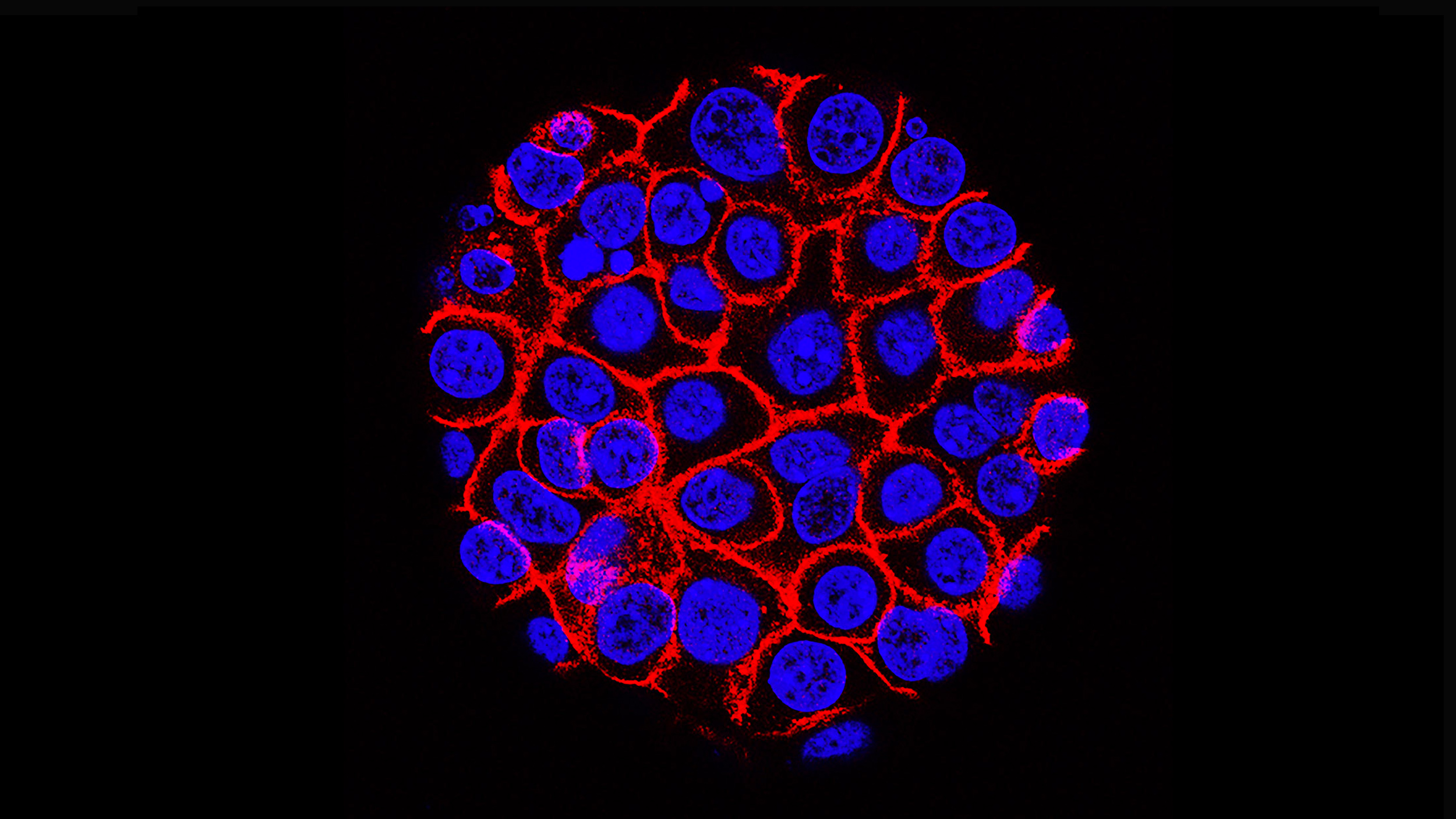The record-breaking transmission could revolutionize deep space communication.
Search Results
You searched for: Systems
Volcanologists warn that magma-filled vents evolve over time, leading to an underestimation of the number that might erupt — especially those capable of the biggest explosions
Through humility, the old arrogance of infallibility crumbles. And in that there is genuine hope to prevent wrongful convictions.
More accurate uncertainty estimates could help users decide about how and when to use machine-learning models in the real world.
For thousands of years, humanity had no idea how far away the stars were. In the 1600s, Newton, Huygens, and Hooke all claimed to get there.
It could cut the time needed to reach Mars in half.
Stem cells from a fetus can live within the mother for decades — and help her heal.
More than 90 percent of people make a mistake on this test.
The perfectly accessible, perfectly knowable Universe of classical physics is gone forever, no matter what interpretation you choose.
Meanwhile meteorite hunters rushed to Berlin to find this most rare space rock.
Big Think spoke with AI expert Nick Jennings about the future of regulating fast-evolving AI.
Life arose on Earth very early on. After a few billion years, here we are: intelligent and technologically advanced. Where’s everyone else?
You’ve heard about your “lizard brain.” But what about the other two?
▸
8 min
—
with
So far, gravitational waves have revealed stellar mass black holes and neutron stars, plus a cosmic background. So much more is coming.
What is perception, really? Philosopher Alva Noë on why perception is a puzzling phenomenon:
▸
3 min
—
with
The space telescope’s findings challenge the notion of a galaxy brimming with life.
National Geographic’s first James Webb Space Telescope book shows us the cosmos like never before.
“Say what you want to say, and not what you feel.” Harvard happiness professor explains ‘metacognition’ techniques so you can grow your emotional intelligence:
▸
3 min
—
with
Master creative thinking in 90 minutes, with expert Tiago Forte.
▸
01:34:51 min
—
with
Rapamycin is potentially the most powerful anti-aging drug ever discovered. However, due to its unlucky history, few know of it.
The Universe is an amazing place. Under the incredible, infrared gaze of JWST, it’s coming into focus better than ever before.
Physicists recently created Coordinated Lunar Time, a time zone for our Moon.
The number of planets that could support life may be far greater than previously thought, a recent discovery suggests.
Most exoplanets have been found around single stars via the transit method. But binary star systems might contain even more of them.
We need more data centers for AI. Developers are getting creative about where to build them.
It could lead to earlier diagnoses, better treatment, and fewer deaths from pancreatic cancer, which kills 88% of patients within five years.
“We could be wrong. But if we are right, it’s profoundly important.” Leading mineralogist Dr. Robert Hazen on the missing law of nature that could explain why life emerges.
▸
8 min
—
with
Reframing life in terms of death reveals some of the biggest philosophical problems with how we think about living systems.
Mating, monogamy, and maximizing your sexual potential explained by 3 sex experts.
▸
25 min
—
with
Perhaps the most remarkable fact about the Universe is simply that it, and everything in it, exists. But what’s the reason why?
